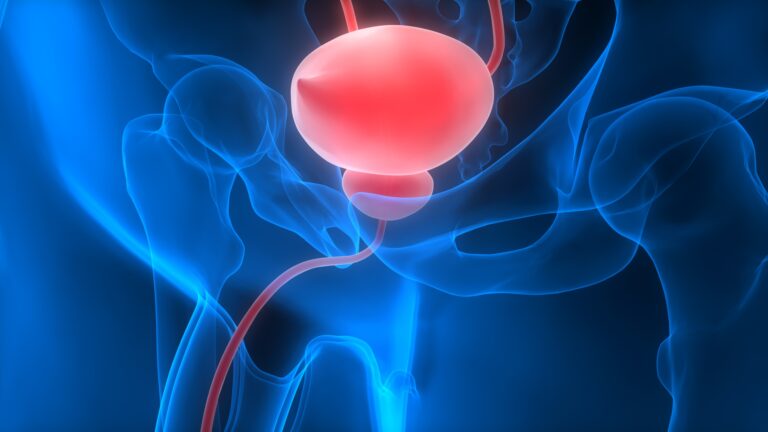
They didn’t talk about chemo. Not yet. They used words like mutation. Marker. Pathway. Treatment became specific. Focused. You weren’t sure how to feel. It didn’t sound like what others went through. That’s because targeted therapy isn’t about one drug—it’s about precision.
The doctor mentioned a protein your tumor makes, and suddenly the plan changed
It wasn’t stage. Or size. It was a protein. Something on the surface. Something inside. That changed everything. It made your cancer unique. And made it treatable in a new way. It’s not magic. But it’s designed for your tumor’s biology, not just its location.
You didn’t lose your hair, but the side effects came in stranger forms
No nausea. No hair loss. But other things. Skin rashes. Blood pressure spikes. Joint aches. Targeted therapy acts differently. It blocks what drives the cancer—not what grows fast. That’s why your body reacts differently. Not better or worse. Just new.
You started on pills instead of IV drips, and it felt both easier and heavier
You took them at home. No hospital days. But the responsibility felt sharp. Timing mattered. Missed doses weren’t just missed—they shifted the plan. You kept track on paper. Or apps. The freedom came with pressure. You weren’t just a patient. You were part of the protocol.
You heard about EGFR, ALK, or HER2, but didn’t know what they meant at first
The names sounded like codes. They are. Genetic targets. Pathways. Abnormal signals. They don’t guarantee success. But they open doors. One person’s HER2 might not behave like another’s. The therapy fits the biology—not the person. That’s why testing comes first.
You weren’t eligible at first, but a new trial changed the options
You were told no. Then suddenly yes. A trial opened. A drug approved. The pace of targeted therapy changes monthly. What wasn’t available last year now leads care. Clinical trials matter. Not because they’re experimental—but because they’re one step ahead.
You’ve been stable for months, and still haven’t heard the word remission
Your scans didn’t change. But they didn’t grow either. That’s called control. Not cure. Targeted therapy sometimes holds cancer steady. Not gone—but paused. For many patients, that’s enough. Living with cancer like a chronic condition. Managed, not erased.
Your friend had the same diagnosis, but a completely different treatment
You both said breast cancer. But nothing else matched. Not the drugs. Not the side effects. That’s how targeted therapy works. Two people. Same organ. Different tumors. Different plans. Similar names—but very different biology.
You took the same pill for months, but then the tumor adapted
It responded. Then it didn’t. The scan changed. New growth. Resistance. Cancer mutates again. And again. Targeted therapy follows that path. New drugs address new mutations. Oncology becomes a moving target. The medicine adjusts or switches. Sometimes both.
You’re not in chemo, but still feel like you’re in a fight
You didn’t get the classic treatment. But you still feel its weight. Emotionally. Physically. The side effects might not be visible, but they’re real. Fatigue. Mood shifts. Lab monitoring. It’s still cancer care—just in a different language.
You didn’t understand the science, but trusted the plan anyway
You tried to follow. But the words blurred. Pathways. Inhibitors. You stopped trying to translate. And just followed. That’s okay. Understanding comes slowly. Or not at all. What matters is that someone explained it to you clearly, once.
You had to wait for test results before starting anything
No immediate infusion. No quick plan. First, they needed the mutation profile. That took weeks. Frustrating. But vital. You didn’t want the wrong drug. The right one needed time to find.
You read about someone who took your same drug and had a wildly different outcome
They responded. Or didn’t. You compared. Wondered. Targeted therapy isn’t predictable. Even in the same mutation. Response depends on dose, genetics, other illnesses. That’s why doctors don’t promise—they monitor. Closely. Continuously. Week by week.
You switched drugs not because of failure, but because of precision
The scan showed a shadow. Not growth. Just uncertainty. So the plan changed. Not from panic. But from attention. Oncology now means fine-tuning. Like adjusting a radio signal. Clearer, sharper, more exact. That’s the new era.
